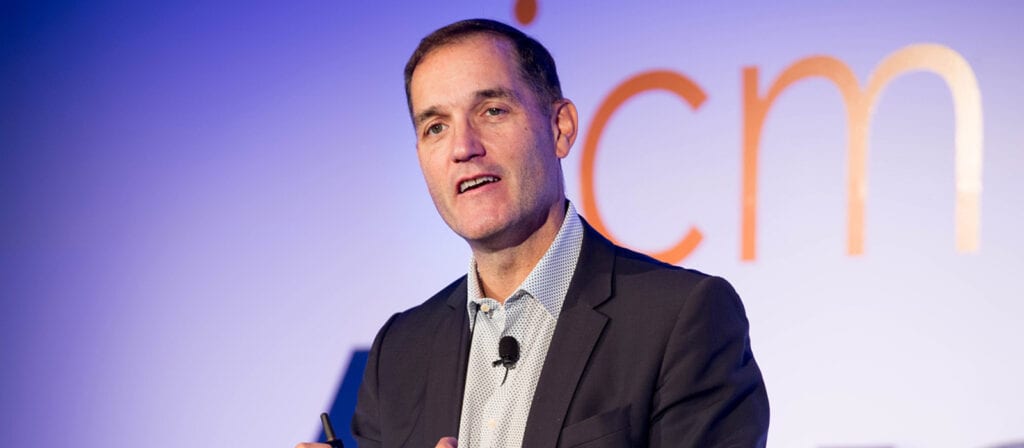The global landscape today is characterised by complexity, uncertainty, and a myriad of choices with far-reaching consequences. From visible geopolitical shifts to the hidden undercurrents shaping societies, understanding the present and preparing for the future is of critical importance. This article explores the key trends and developments shaping our world and emphasises the necessity of making informed decisions in an increasingly intricate environment.
Democracy: A Pillar of Resilient Economies
Democracy has consistently proven its connection to stronger and more resilient economies. While democratic systems face growing challenges worldwide, nations with robust democratic frameworks tend to enjoy greater stability and adaptability. A global assessment reveals that only a small proportion of the world’s population lives in “full democracies,” with many residing in “flawed democracies,” “hybrid regimes,” or “authoritarian regimes.” These distinctions influence global trade, defence budgets, and climate policies, underscoring how the outcomes of elections in one country ripple across borders to impact the broader international community.
Trade: The Tension Between Globalisation and Protectionism
Trade has long been a cornerstone of international peace and economic growth, yet the rise of protectionism is testing this narrative. Increasingly, nations are imposing tariffs and trade barriers to protect domestic industries, often leading to higher prices for consumers and strained global relations. Protectionist measures risk triggering retaliatory policies, igniting trade wars that disrupt global supply chains and destabilise economies.
The roots of today’s trade tensions can be traced back to the “golden era of globalisation,” when policies like admitting China to the World Trade Organisation aimed to promote openness and democracy. While China’s exports soared, many workers in the West saw their industries decline, sparking disillusionment with globalisation. This shift has led to a re-evaluation of trade policies, as leaders strive to balance international cooperation with national interests.
The Two Elephants: The United States and China
The rivalry between the United States and China dominates contemporary global affairs. These “two elephants” are engaged in a multifaceted contest spanning energy, trade, and defence. From NATO’s expansion to China’s partnerships with Iran and Russia, the world is witnessing a realignment of power structures and increased polarisation.
Energy lies at the heart of this struggle. Western nations distanced themselves from Russian oil and gas following the invasion of Ukraine, paving the way for China and India to step in as major buyers. This shift has altered global energy markets and highlighted the complex interplay of economic and political interests. Meanwhile, defence budgets in both the United States and China have surged, reflecting their strategic rivalry and its implications for international alliances.
The Undercurrent: Urbanisation, Demography, and Technology
Beneath the surface of visible geopolitical shifts, quieter yet significant changes are reshaping the world. Urbanisation continues apace, with the majority of the global population now residing in cities. Demographic trends, including declining fertility rates and ageing populations, present challenges for healthcare systems, labour markets, and economic productivity.
Technology is another transformative force, offering both remarkable opportunities and considerable risks. Advances in artificial intelligence and digitalisation promise to solve complex problems, yet they also introduce challenges such as disinformation, cyber threats, and the disruption of traditional employment. As these forces reshape economies and societies, careful navigation is required to balance their benefits and drawbacks.
Sustainability: Humanity’s Greatest Challenge
Climate change represents one of humanity’s most urgent existential challenges. Despite this, it often fails to command the immediate attention it warrants. The impacts of global warming are already visible in ecosystems, economies, and public health, yet many nations struggle to prioritise long-term sustainability over short-term concerns. Addressing climate change requires a fundamental shift in perspective, recognising its urgency and integrating it into both policy and everyday decisions.
Making Better Choices in a Complex World
In this era of rapid change and interconnected risks, making informed choices is more important than ever. Decisions must balance immediate needs with long-term sustainability, taking into account the interplay between global trends and local realities. Collaboration, knowledge-sharing, and open dialogue are vital for navigating an increasingly “poly-risk” world.
By understanding the interconnectedness of democracy, trade, energy, and the hidden forces of urbanisation, demography, and technology, societies can build resilience and pave the way for sustainable progress. The choices made today will shape the future of nations and the world for generations to come.





